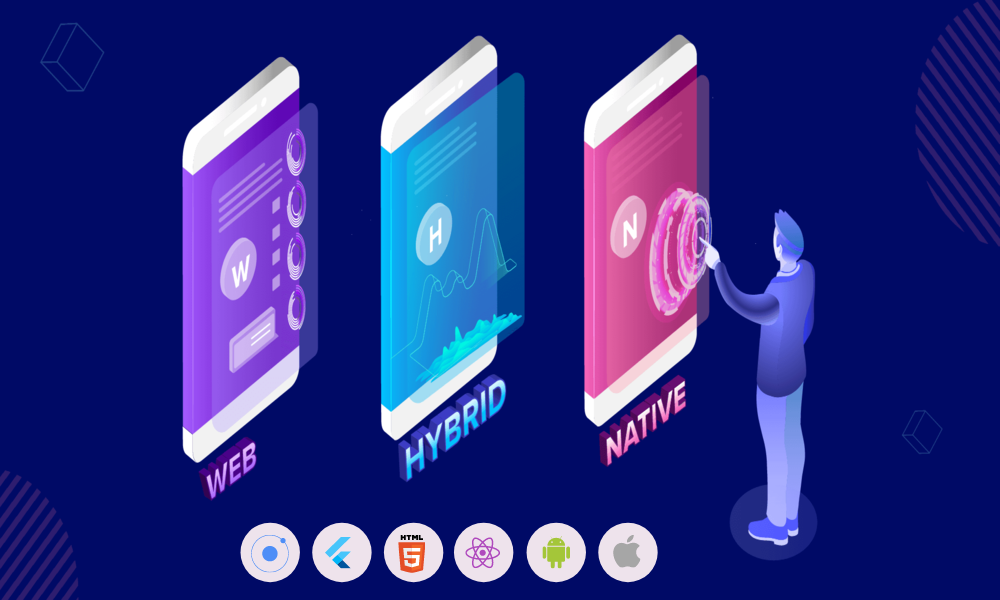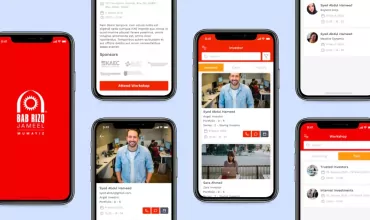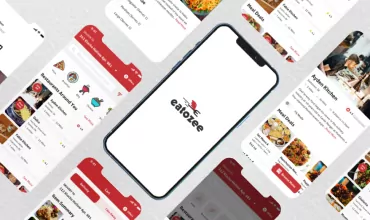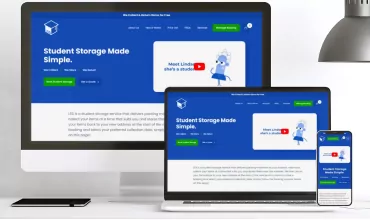What are the Different Types of Mobile Applications?

Table of Contents
Great business ideas need great executions and strategy. If you are having a great business idea, it is vital to make your products or services available to mobile users. As we say again and again, that the world is going mobile, you may wish to develop a mobile application. And there the next question arises, which type of mobile application to develop?
The purpose of this article is to make you aware of the different types of mobile apps along with the pros and cons of all of them. There are mainly three types of mobile applications: Native iOS/Android apps, Web Apps, and Hybrid or Cross-platform apps.
Information to Ease Up the Selection Process
Cost Factor
How to select a mobile app platform to build an app? This depends on your business requirements and budget, as mobile app development generally is an expensive affair that can give you good ROI if you have a successful and long-term strategy in place. You can refer to another article below that explains the factors which directly impact mobile app development cost.
Read more: Factors affecting the cost of developing a mobile app
Market Share Stats
To decide and execute your strategy precisely, you need to consider the facts about the market share stats. According to the Statista 2021 report, Android holds up 72.48% market share, whereas iOS captures 26.91%. The rest operating systems like Windows mobile, Blackberry, etc. cover-up merely 0.61%. Hence, almost 99.39% of the market is covered with Android apps and iOS apps. It is apparent that the Android OS and iOS cover the whole market.
Let us discuss the types of mobile applications.
Main Three Types of Mobile Apps
Native Mobile Applications
In the simplest terms, the native mobile applications are developed to be used over that one specific platform or OS, either Android or iOS or Windows, Blackberry, KaiOS, etc. Programming the mobile apps in the native language by writing the codes using a specific set of tools and technologies associated with a specific operating system is called native mobile app development. By now, you must have been intrigued by the dominance of Android and iOS in the mobile app market, we will cut short by focusing on these two OS.
Mobile apps for iOS are written in Objective-C or Swift by using Xcode as an IDE. Whereas for Android apps, codes are written in Java or Kotlin languages with the use of Android Studio or Eclipse as IDE.
Positives:
- As the mobile applications are developed for a single OS, native mobile app development is more reliable to develop mobile apps.
- These mobile apps, whether being iOS apps or Android apps, are faster and stable in terms of performance.
- Native mobile app development has excellent debugging tools for resolving logic issues.
- The community support from platform owners is exceptional.
- A wide spectrum of libraries available to develop a range of modules with functionalities as per custom requirements.
Limitations:
- Native mobile application development is more expensive.
- In the case where a mobile app needs to be developed for both platforms, the dev team will need to write separate codes from the scratch, which is time consuming.
- Separate resources needed for Android and iOS app development.
- The development cycle will be longer to build a mobile app for both OS.
Mobile-friendly Web-Hybrid Applications
The web apps are similar in nature, look, and feel like native mobile apps. However, they are accessed via the web browser on smartphones. Hence, they can run on all or majority of the operating systems including Android and iOS. This type of development is known as responsive web app development.
Web apps are developed using the technologies like JavaScript frameworks, HTML5, CSS, Ruby, etc. The responsive web app adapts the user interface based on the mobile device it is accessed. Users can also bookmark the web app and save the icon on the mobile screen, just like any other app. Progressive web app (PWA) is one such type to consider as an example.
Positives:
- No requirement to customize the app for any OS.
- Web-based apps developed with a single codebase, that work for various platforms.
- Faster development as compared to native mobile apps.
- Web apps can be saved as a bookmark. This does not consume mobile memory space as app downloading is eliminated.
- Users do not need to update the web apps, as maintenance becomes easier by pushing the updates over the live web with a new build.
Limitations:
- Browser-based apps have a limitation of browser compatibility. There will be instances where some functionalities can run on one browser, will fail to run on another.
- Inconsistent user experiences may result due to the use of various browsers to access the web app on different devices. For example, Safari for iPhone devices, Chrome, Opera, etc. for Android, Windows, etc.
- Overall performance will be good on desktop devices, but inconsistencies in mobile devices.
- The web app developers need to develop custom plugins for hardware integration, as multiple abstraction layers tend to make it slow to access hardware features.
- Debugging tools in hybrid-web app development are web-based, so mobile platform-related issues remain uncovered.
Native-Hybrid Mobile Apps
These apps are a mixture of web technologies and native APIs. The code in hybrid-native mobile app development is written once using a common language and cross-platform mobile app development frameworks like React Native, Flutter, Ionic, etc. Hybrid mobile app development is ideal for those who are looking to offer multiple device access with simple app functionalities and performance requirements, for example, a Proof of Concept or an MVP. Even when you have a limited budget but wish to target multiple platform users at once.
Softwares used to develop these apps are generally HTML, CSS, JQuery, Mobile Javascript frameworks. The hybrid applications are developed using a single codebase which is shared across multiple platforms like Android, iOS, Windows, etc. to run them on multiple devices.
Positives:
- With the fact that 90% of the code can be used with popular hybrid app development frameworks, the development cycle is faster and affordable.
- HTML is widely used to develop modules and functionalities in a hybrid app, which makes the development and testing process much easy.
- Quality is also usually up to the mark due to less code maintenance, better compile-time checks, debugging, profiling tools, etc. in less time.
- Hybrid mobile applications are easy to maintain compared to native apps because of less coding required. There is no need to be concerned about the updates or upgrades of different operating systems.
- Hybrid apps are ideal for countries with slower internet access. Because some mobile apps can be built with data getting stored on local servers for offline access for functionalities such as mapping, video content, digital tutorials download, manuals, catalog access, etc.
Negatives:
- The power of the native app along with speed can be somewhat compromised in hybrid or cross-platform apps.
- Functionality becomes limited as developers may not access exclusive hardware feature requirements, for example, AR features.
- Tools for debugging are available, however, that depends on native debugging for individual platforms.
Quick Tip for The RIGHT Choice of Mobile App Platforms
This depends on what is with you and what you expect from the app you are planning to develop with your in-house resource team. If you wish to outsource, find the right mobile app development company with a proven track record and expertise. Your decision to choose any of these types depends on many factors. A few are given below:
Time Constraint:
Wish to build and launch the app within the shortest time frame, go for the hybrid-web app development to make it accessible to all devices leveraging browser capabilities.
Limited Budget & Time:
A hybrid-native mobile app or web app would be a perfect choice considering this situation. Hire a team to develop the app in a couple of months and launch as an MVP. This helps to test and analyze the user and market response. Later on, you can come up with a full-fledged native mobile app version.
Powerful App with Stability:
If you have the time and money by your side and wish to develop an app with powerful features and robustness, native app development on Android and iOS is the top choice. Native apps will deliver speed, power, and customized features based on custom business requirements.
For more information or a free app consultation, contact the experts at IndiaNIC.



